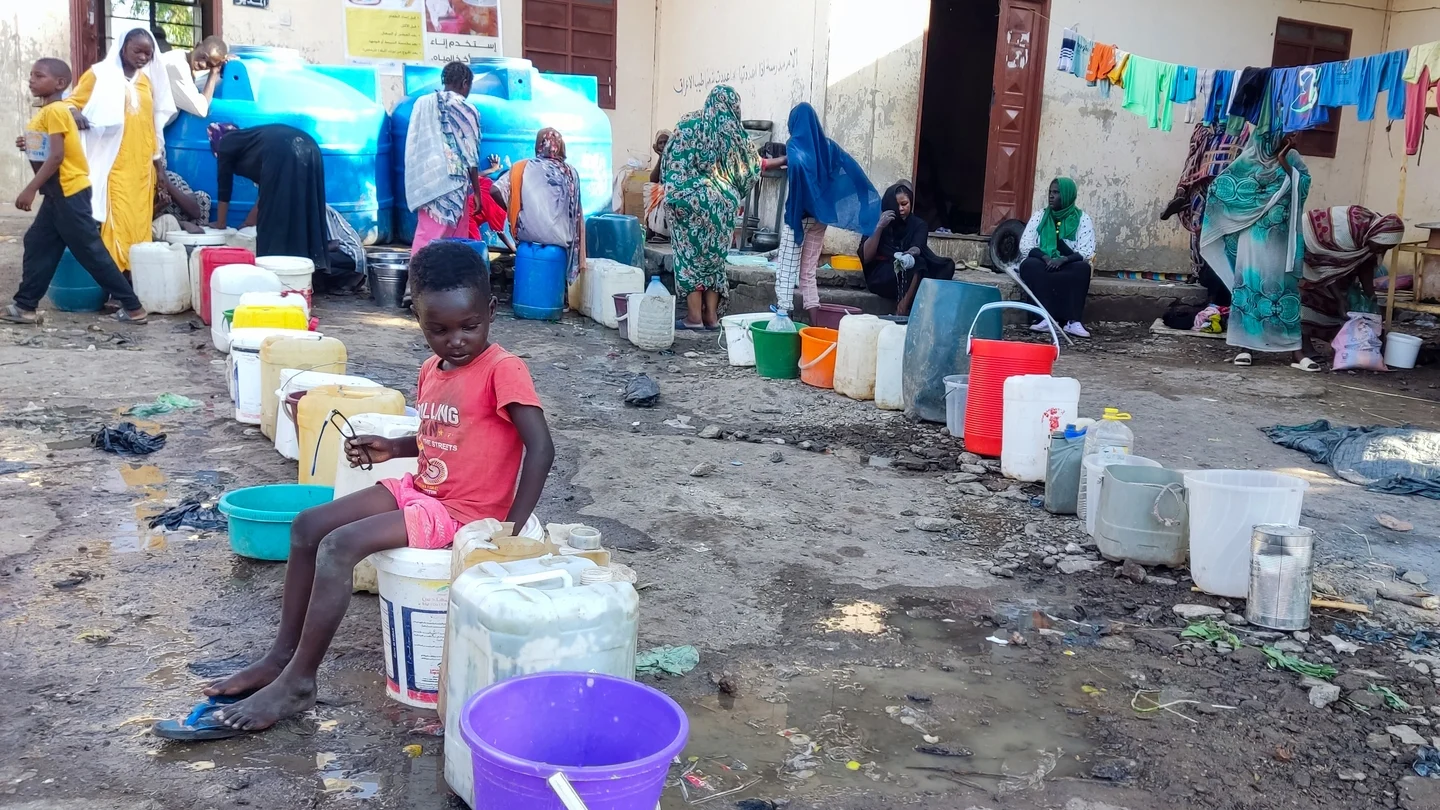
US aid funding cuts have severely impacted Irish aid agencies working in developing countries, according to documents obtained by RTÉ News through Freedom of Information requests.
The documents reveal significant uncertainty among Irish non-governmental organizations following President Donald Trump’s executive order freezing and terminating foreign aid funding. As the Trump administration’s review of US foreign aid concludes this weekend, Irish agencies are already dealing with job losses, suspended overseas programs, and operational uncertainty.
The United States Agency for International Development (USAID), previously one of the world’s largest foreign aid donors, was effectively dismantled by the Trump administration in January. Emails and briefing notes show the Department of Foreign Affairs (DFA) maintained contact with Ireland’s aid agencies as tens of millions in funding essentially disappeared.
Hundreds of redundancies have occurred across Irish aid organizations, with development projects in countries including Sierra Leone, Somalia, and Syria significantly affected. GOAL and Concern were the largest recipients of US government funding, receiving €103 million and €58.3 million annually from USAID, respectively. Trócaire received €1.38m and Self Help Africa €308,000.
GOAL’s Turkey-Syria program was most severely impacted, with 85% of its funding from USAID. Trócaire’s grants in Somalia, Sierra Leone, Honduras and Malawi affected numerous local partners, some 80% funded by USAID or USAID-funded UN programs. Self Help Africa decided to withdraw from three African countries by year-end.
Concern confirmed losing over €20 million in US government funding. Affected programs include assistance to nearly 250,000 people in the Democratic Republic of Congo, cash aid to 138,000 people in Sudan, support for flood-affected communities in Pakistan, and sanitation projects in Liberia. Concern also received USAID support for overhead costs, causing “significant implications” for its US and Irish offices.
A DFA briefing note prepared for Taoiseach Micheál Martin ahead of his St. Patrick’s Day US visit highlighted that the “impact of US decisions is expected to be particularly pronounced in the areas of global health, gender equality, governance, and human rights.”
Mixed messaging and poor communication from US officials created confusion among DFA officials and aid agencies in the initial weeks after the decision. Some charities quickly began reevaluating their projects. Days after Trump’s January executive order freezing all US foreign assistance for 90 days, Concern received letters regarding €63m of committed funding for 2025.
By late January, Concern had issued guidance to halt activities, freeze recruitment, and avoid major procurement. The organization initially covered costs from other income streams to prevent legal issues and redundancies.
During a February 7 meeting with Minister of State Neale Richmond, representatives from Trócaire, GOAL, Concern and Self Help Africa highlighted the severe impacts of the funding freeze. Concern described the “greatest funding gap” facing aid agencies, while Self Help Africa warned of a “systemic threat,” noting that if US funding cuts became permanent, no other donor could fill the gap.
By February’s end, the US government had issued termination notices to partners, including Irish NGOs (though Concern later reported some were rescinded). However, many charities had already made “difficult decisions” on programs and structures. Trócaire told the DFA that the aid suspension and certainty of cuts had “created chaos around the world.”
GOAL informed DFA officials on February 21 that it was temporarily suspending some programs, with reductions having a “global impact” including at headquarters. DFA noted GOAL faced “difficult organisation choices” with senior management holding multiple board meetings.
Throughout spring, Irish NGOs struggled to get clarity from US authorities about promised financial support. No Irish NGO had received USAID funding since the suspension.
Irish Aid Director General Michael Gaffey warned in a February email to 27 Irish missions that some international funding partners might not survive 2025 due to sweeping aid cuts. He predicted the impact of USAID cuts across the international development system “will be massive,” compounded by similar aid reductions from the UK and EU states.
Gaffey indicated partnerships were in jeopardy as Ireland needed to identify priority development projects. “Ireland will not be in a position to fill gaps as a result of the cuts by others,” he wrote, adding: “The brutal truth is that there is a real possibility that some of our funding partners will not survive this year.”
By March, GOAL acknowledged that over 900 staff, including 28 in Ireland, risked losing their jobs due to funding cuts. Nearly 30% of its staff faced redundancy along with “consequential cut[s]” to worldwide operations. Concern Worldwide made 400 employees redundant, with that number expected to rise. The largest job losses occurred across 13 countries, including Afghanistan, Pakistan, Bangladesh, and several African nations.
Concern confirmed to RTÉ News that nine US government grants funding programs assisting three million people have been terminated. While nine other grants worth €44.3 million can continue, the terminated funding of €20.1 million has left vulnerable families without crucial support in Afghanistan, Sudan, Kenya, and other countries.
Self Help Africa informed the DFA on March 18 that it had made the “hard decision” to reduce its global team and implement a “phased exit from three programme countries, The Gambia, Senegal and Uganda.”
The 90-day pause on US foreign development aid ends April 20, following a review to determine whether to “continue, modify, or cease each foreign assistance programme.” As the documents show, the halt in US funding has already significantly impacted humanitarian organizations’ operational capacity and essential work.











Be the first to leave a comment